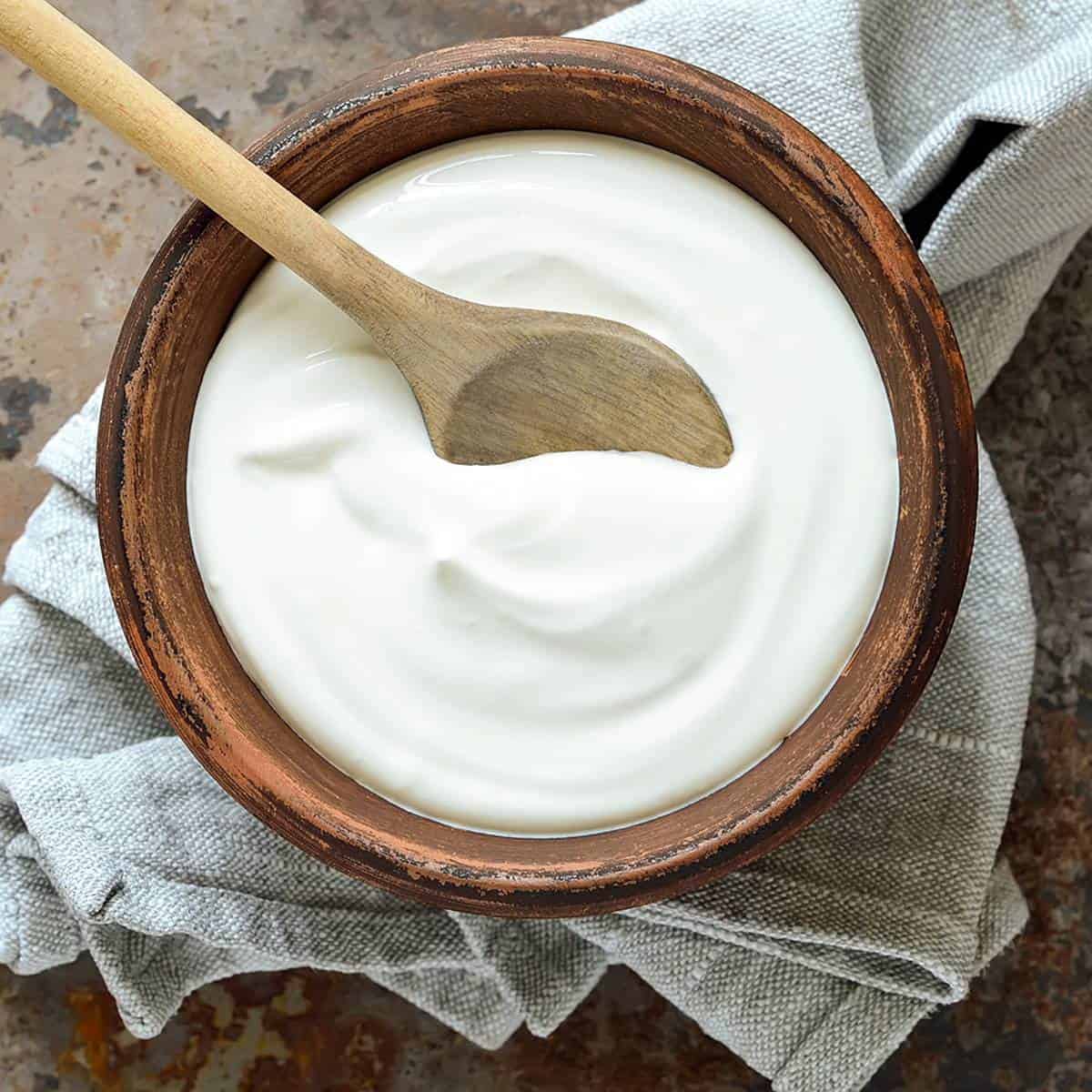
Yogurt is a popular dairy product enjoyed by many people, known for its rich taste and health benefits, but you may ask can dogs eat yogurt?. As a dog owner, you might wonder if this nutritious snack is safe and beneficial for your furry friend. In this article, we will explore whether dogs can eat yogurt, the benefits it offers, potential risks, and how to safely incorporate it into your dog’s diet.
Benefits of Yogurt for Dogs
Yes! there are some benefits for your dog and when given in moderation, yogurt can be a healthy addition to your dog’s diet. Here are some of the benefits:
- Probiotics: Yogurt is packed with probiotics, which are beneficial bacteria that support your dog’s digestive system. These good bacteria help maintain a healthy balance in the gut, improve digestion, and boost the immune system.
- Calcium: Yogurt is a good source of calcium, which is essential for strong bones and teeth in dogs.
- Protein: Yogurt provides a healthy dose of protein, which is crucial for muscle development and repair.
- Vitamins and Minerals: Yogurt contains important vitamins and minerals such as B vitamins, magnesium, and potassium, which contribute to overall health and well-being.
Types of Yogurt Suitable for Dogs
Not all yogurts are created equal, and some may be more suitable for dogs than others. When considering if can dogs eat yogurt, here are the best types to consider for your dog:
- Plain Yogurt: The best option is plain, unsweetened yogurt with no added flavors, sugars, or artificial sweeteners.
- Greek Yogurt: Greek yogurt is a great choice because it is thicker, contains more protein, and typically has lower lactose levels, making it easier for dogs to digest.
- Probiotic Yogurt: Look for yogurts specifically labeled as containing live and active cultures, which indicate the presence of probiotics.
Potential Risks and Precautions
While yogurt can be beneficial, there are some potential risks and precautions to keep in mind when considering if dogs can eat yogurt:
- Lactose Intolerance: Some dogs are lactose intolerant and may experience digestive issues such as gas, diarrhea, or vomiting when consuming dairy products. Start with a small amount of yogurt to see how your dog reacts.
- Added Sugars and Artificial Sweeteners: Avoid yogurts with added sugars or artificial sweeteners, especially xylitol, which is toxic to dogs.
- High-Fat Content: Yogurt can be high in fat, which can lead to weight gain and pancreatitis in dogs if consumed in large quantities. Opt for low-fat or fat-free options.
How to Introduce Yogurt to Your Dog’s Diet

Introducing yogurt to your dog’s diet should be done gradually, ensuring that, the question can dogs eat yogurt? will not have any adverse effects:
- Start Small: Begin with a small amount of yogurt, such as a teaspoon, to see how your dog reacts.
- Monitor for Reactions: Watch for any signs of digestive upset or allergic reactions. If your dog tolerates the yogurt well, you can gradually increase the amount.
- Mix with Food: You can mix yogurt with your dog’s regular food or serve it as a standalone treat.
- Use as a Topper: Yogurt can be used as a tasty topper for kibble or other dog food to enhance the flavor and nutritional value.
Alternative Probiotic Sources for Dogs
If your dog cannot tolerate yogurt or you are looking for other ways to provide probiotics, consider these alternative products available on Amazon:
- Zesty Paws Probiotic Bites: These chewable treats are formulated with probiotics and pumpkin to support your dog’s digestive health.
- Purina FortiFlora Probiotic Supplement: A popular probiotic supplement for dogs that helps promote intestinal health and balance.
- PetHonesty Digestive Probiotics: These chews contain probiotics, enzymes, and pumpkin to support digestion and immune health.
- Nusentia Probiotic Miracle: A powdered probiotic supplement that can be easily mixed with your dog’s food to support gut health.
So, Can Dogs Eat Yogurt?
Yes! now everytime you ask if can dogs eat yogurt, they can, but it should be given in moderation and the right type should be chosen. Ensure you monitor your dog for any adverse reactions and consult with your veterinarian before making significant changes to their diet. If your dog cannot tolerate yogurt, there are plenty of alternative probiotic supplements available to support their digestive health.
For more information on what foods are safe for dogs, visit Can Dogs Eat This? – 5 Types of Food Your Dog Can Eat.